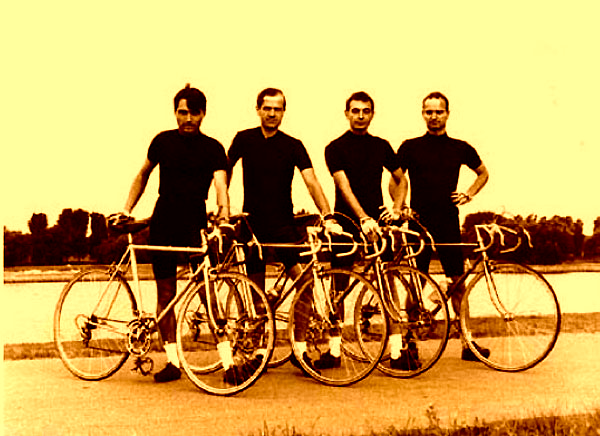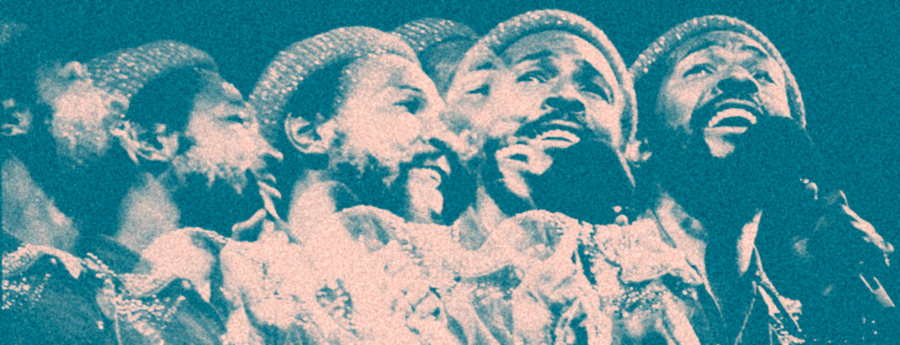
Micro-licensing sites — where you add your music to an online library portal and licensing rights are granted for a small fee — have an allure. For one thing, they’re convenient as you merely upload your songs and fill in some info. The only other step is to cross your fingers and hope your music takes off on the site. Micro-licensing sites promote royalty in scale — that if your music is successful, it won’t matter that the license fee is $15 (or whatever). Thousands of those will add up.
But it’s common knowledge that it’s a 1% of 1% that have such success on these sites. And I’d wager these successful composers work super-hard at it, doing quite a bit more than crossing fingers.
You also have to accept that, in most cases, you’re losing complete control of your work when you supply music to one of these content providers. You don’t know who’s licensing, and you certainly can’t deny a license, and you won’t be able to gauge or benefit from a commercial entity making loads of money off your work.
Stock photo sites operate the same. Which brings us to this story reported in Petapixel:
It turns out a Newfoundland-based company called Islandwide Distributors (IWD) had licensed [Michael] Stemm’s photo royalty-free from Shutterstock for just $1.88. The company then turned around and made at least 500,000 units of products with it [and sold the products in Walmart stores across Canada] — Stemm learned this number after reaching out to the company. So while Stemm’s experience may seem unfair, it was likely entirely lawful and within Islandwide’s rights.
The salt on the wound:
Unfortunately for Stemm, he isn’t even able to withdraw the $1.88 he earned, as his account needs to reach a balance of $50 before he can see the funds.
Techdirt has no sympathy for Stemm:
Stemm said Shutterstock could license the photo. Shutterstock did exactly that. The fact that Walmart has more than 500,000 items featuring Stemm’s photo is probably unexpected, but if you really want to retain full rights to your creation, you don’t hand part of those rights over to a middleman. When Walmart licensed the picture from Shutterstock, it didn’t seek Stemm’s permission because it didn’t need Stemm’s permission. […]
It certainly seems unfair when a company can make hundreds of dollars from a $1.88 license. But there’s nothing unfair about a process that involves a voluntary relinquishment of control. Shutterstock can certainly find a greater market for someone’s photos, but no one should go into this relationship believing it will result in newfound personal wealth.
I agree with Techdirt’s sentiment here — when you enter into an arrangement with a stock photo library, or a music library, or the record label that will own the rights to your songs, you need to accept what you’re getting into. Moving forward, any mistake is but a learning moment as you got yourself into the mess. According to Petapixel, even Stemm admits he didn’t read Shutterstock’s licensing terms before clicking ‘submit.’
That said, I do believe these sites could do a better job explaining what’s in store for content creators and to favor realistic expectations. The idea that an artist will make ‘easy money’ through a micro-licensing site supports a rare exception. The artist might have better luck buying lottery tickets. Just like the lottery, the allure is strong — I’ve certainly been tempted, by both these licensing libraries and the lottery. And it’s okay if you play — just understand the agreement that you’re entering, the potential outcomes, and how frustrating it is to be in Michael Stemm’s position.

